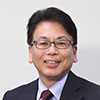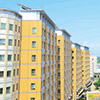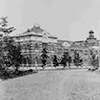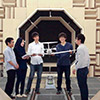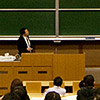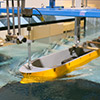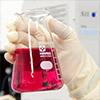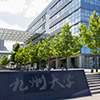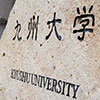Outline
The Department of Electrical Engineering and Computer Science was established to enable students to learn comprehensively about electrical engineering and computer science, with the aim of developing capable human resources who will lead the way for science and technology in the 21st century. Why don't you join us at the forefront of research and development as you learn about a variety of advanced and dream-inspiring technologies? These include information and communications technology that enables use of the internet, data science that analyzes real world data, artificial intelligence and robot control technologies that support human life, very-large-scale integrated circuits used in semiconductor chips, and super-conductive technology with zero electrical resistance.
What do you learn?
Computer and information processing technologies
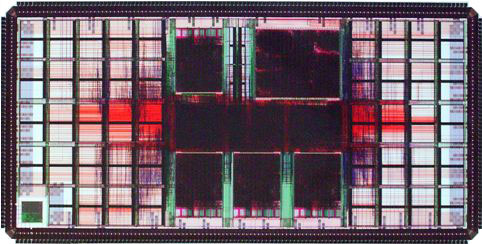
Eric: The world's first special purpose two-electron integral evaluation LSI (multi-core processor for calculating molecular structure)
At the Department of Electrical Engineering and Computer Science, we are engaged in education and research into the basic technologies relating to computers, including hardware, software, and internet technologies, as well as security theories. Computer hardware technologies continue to make great advances, including the development of a System-on-a-Chip (SoC), where multiple functions are incorporated into one small chip. These technologies enable computer technologies to be made even smaller and to be constructed to specific computer system application requirements. These kinds of technology have tremendous potential to transform our daily lives and society at large. At the same time, the recent advances in artificial intelligence, machine learning, and data science have quickly changed the world in this decade. Educational big data visualizes the learning situations of students and helps teachers to reform their teaching methods and improve student learning performance.
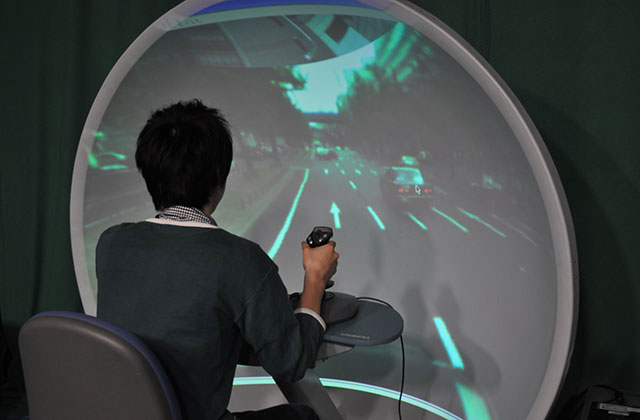
Display equipment that allows the user to experience total immersion in a virtual space.
Information collected from IoT sensors installed in various locations and on moving objects and from SNS helps to recognize people's behavior and to create timely and appropriate new services such as beating the traffic jams and guiding tourists. Furthermore, integration and advancement in both hardware and software technologies are expected to play a key role in the development of autonomous driving cars and drones.
Electronic technologies
The Department of Electrical Engineering and Computer Science plays a central role in the development of cutting-edge electronic technologies. We are involved in the development of semiconductor devices utilizing integrated technologies, integrated devices using fiber optics and microwaves, and intelligent devices that possess capabilities that outperform humans. We also play a leading role in education and research on sensors, with our taste sensor that measures "flavor" being a particular example of technology that is at the global forefront of developmental technology. We are also making efforts to research and develop technologies to reduce switching supply for power and for solar batteries. In addition, we are engaged in research into optical electronics focusing on lasers within the "micro world" of atoms and electrons, as well as applications for plasma using electrically charged gases. All these research activities are closely linked to the development of information and communication technology, Society 5.0, high-performance computers, new measurement technologies, and new materials.
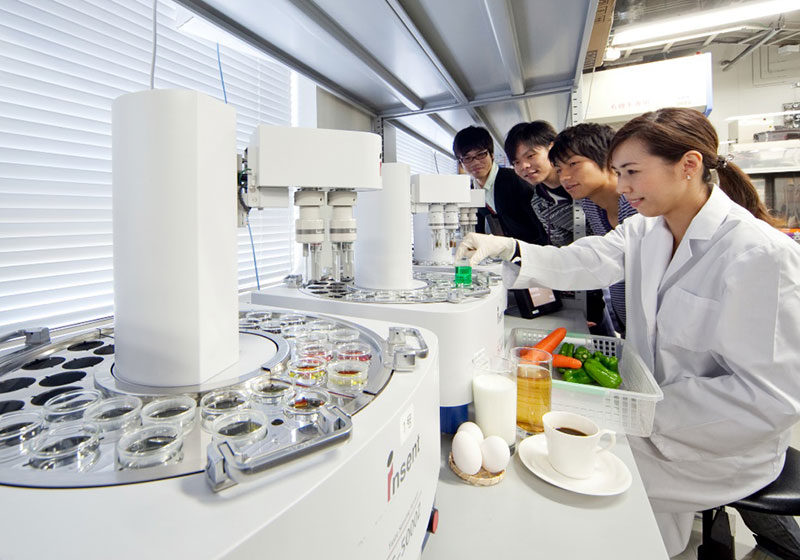
Research on pioneering taste sensors.
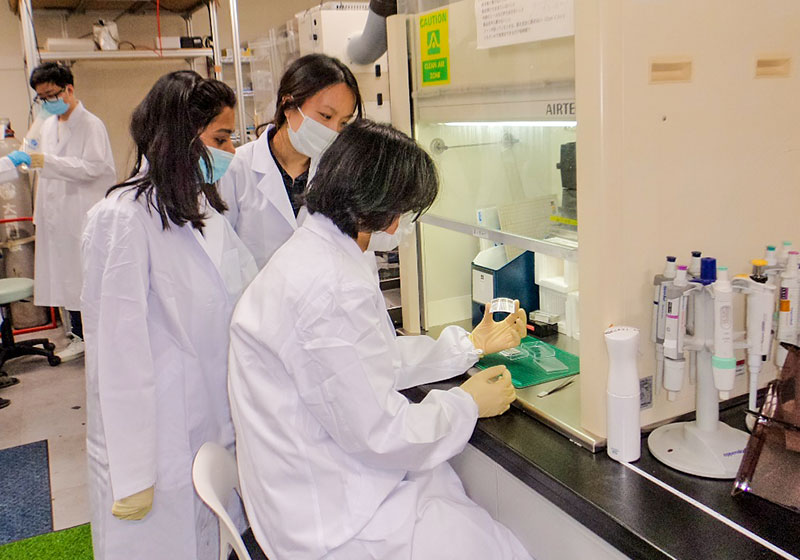
Development of organic electronic device.
Power and energy technologies
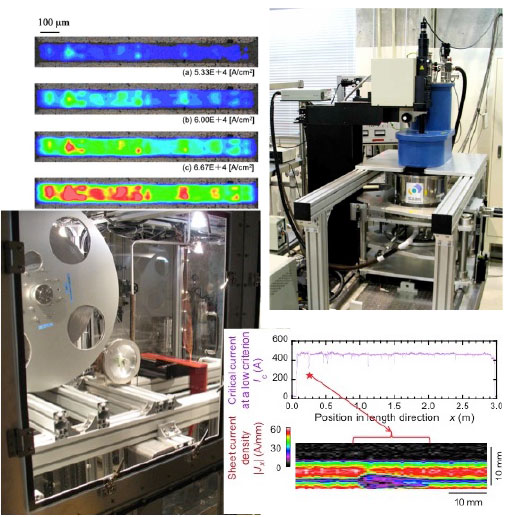
Novel measurement technologies for the study on current limiting mechanism in fore front superconducting tapes.
The Department of Electrical Engineering and Computer Science also covers electrical and electronic engineering such as electromagnetic theory and circuit theory through practical application to electrical machines, power converters, and large integrated systems. In the field of power and energy technologies, using super-conductivity it is possible for large-volume electric currents, 100 times greater than with copper wire to be conducted, with almost no concern about a loss of conductivity. By sending an electric current through a super-conductive coil and closing the circuit it becomes possible to achieve a permanent current and store energy. Methods of energy storage using super-conductivity are far more efficient than any other methods of energy storage, and also have the advantage of being able to store and release energy quickly. Such power storage technologies are expected to become key technologies for the effective use of renewable energies, thereby leading to reduced CO2 emissions. They can also be expected to improve the quality and reliability of power and power-related systems, for example enabling the prevention of momentary voltage reductions to a degree of 1/100th of a second in the event of a lightning strike, etc. Furthermore, superconductivity is becoming an enabling technology for the more efficient turbo-electric aircraft of the future.

